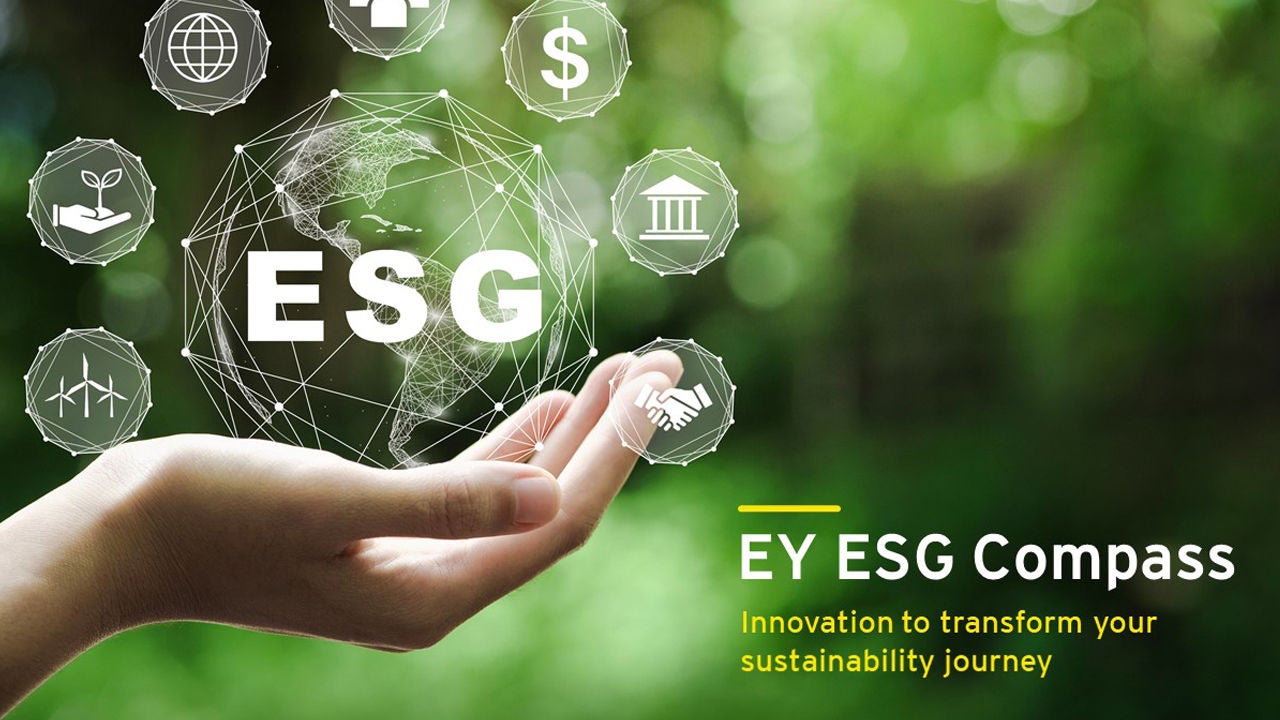EY refers to the global organization, and may refer to one or more, of the member firms of Ernst & Young Global Limited, each of which is a separate legal entity. Ernst & Young Global Limited, a UK company limited by guarantee, does not provide services to clients.
EY ESG Compass is a comprehensive digital ecosystem that seeks to help organizations evaluate their ESG maturity levels and adapt a sector-specific strategy, using the power of analytics.
Know more
Research suggests that consumers are willing to pay more for ethically sourced products, indicating a shift in market trends and consumer behavior. This shift presents a long-term growth opportunity for businesses that invest in humane egg production, which can lead to a resilient market presence. India is one of the world's leading egg producers, yet it faces challenges related to animal welfare in farming and ethical poultry farming. The country's egg production is predominantly based on conventional caged systems, which have several detrimental impacts on hens. Although the cage-free movement in India is growing, it is still at an extremely nascent stage and requires support from all stakeholders for development.
All businesses face challenges in transitioning to sustainable egg farming, including a lack of information, economic viability concerns, and inadequate infrastructure. To overcome these obstacles, a collaborative effort involving key stakeholders, such as corporations and the government, is necessary. Successful adoption of cage-free certification requires support from regulatory authorities and a clear understanding of investment strategies for cage-free egg production. Identifying key stakeholders and providing a phased approach to implementation are crucial steps in this process. Government policies on farming play a critical role in educating farmers on sustainable and eco-friendly agriculture. Corporations must also commit to this transition by setting clear goals, timelines, and progress reports, as well as engaging with stakeholders to create a supportive ecosystem for change. Investing in infrastructure upgrades and development is essential for a successful transition. Corporations should also take advantage of cage-free impact incentives and continuously monitor their progress to ensure that the implementation of cage-free practices is effective.
The move towards cage-free egg production is not only a market growth opportunity but also a chance for corporations to make a positive societal impact. Aligning with global trends and consumer demands positions companies for future success in a market that increasingly values conscious practices. As this movement gains momentum in India and beyond, companies that proactively embrace these changes will be well-positioned for future success in an increasingly conscious marketplace.







